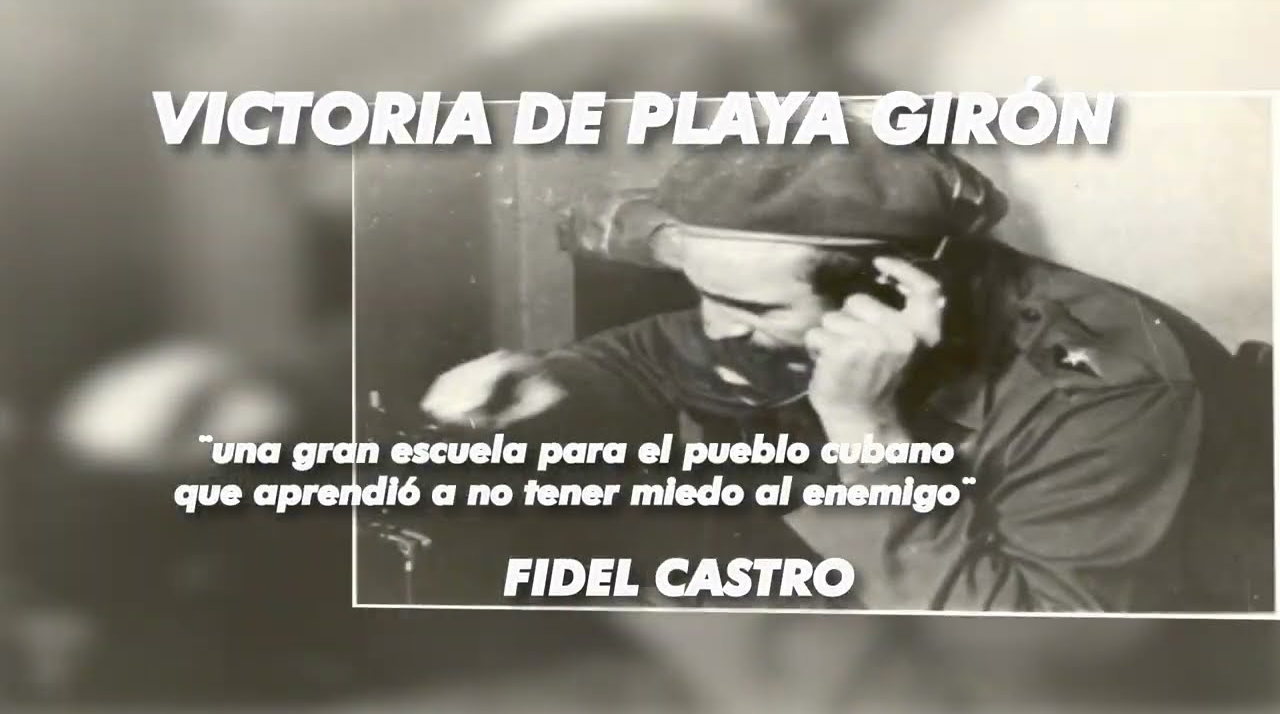
This year marks the 64th anniversary of the victory of Playa Giron
By: Roberto Morejón
The invasion project organized by the CIA, the Central Intelligence Agency of the United States, and approved by President Dwight Eisenhower a year earlier, suffered a harsh setback when, on April 19, 1961, Cubans marked the victory at Playa Girón.
In that seaside resort, located in the southwestern part of Cuba, the crushing triumph of the rebel army, police, and militias against a brigade of mercenaries backed by the logistics of the Northern power was achieved.
The purpose of the military invasion was to form a beachhead to establish a provisional government, which would request recognition and intervention from the United States and the Organization of American States.
This year marks the 64th anniversary of that victory. Cubans recall it as a feat, since in less than 72 hours, the United States faced its first major military defeat in the Americas.
In the opinion of the historic leader Fidel Castro, who led the fighters confronting the mercenaries, the victory at Girón belongs to the history of the Revolution.
This victory is as significant as July 26, January 1, March 13, and December 2—all dates connected to the final stage of the struggle for liberation.
Experts pointed out that Pentagon strategists miscalculated the dignity, morale, and spirit of the people of the largest Antilles Island.
The occupants of the White House, including John F. Kennedy, along with the extreme right-wing emigrants, predicted that such an aggression would be supported by the population, but the opposite occurred.
The response of the united people, alongside the fighters of the army and police, materialized in a scenario fraught with difficulties due to repeated provocations, attacks, sabotage, and other skirmishes launched against the triumphant Revolution of 1959.
Fidel Castro recalled that the country was surrounded by squadrons of the Northern power, hence the importance of not taking a single step back and delivering the blow to the outlaws, a goal achieved in 72 hours.
After that triumph, indicative of the Cubans' willingness to defend themselves with arms, a stage of strengthening began, and socialism was outlined as a compass.
Today, Cubans endure new forms of aggression, renewed during the nascent administration of Donald Trump, spearheaded by Secretary of State Marco Rubio, supported by congressional members of alleged Cuban origin.
The lesson from that heroic deed—namely, not neglecting unity—remains vital.

